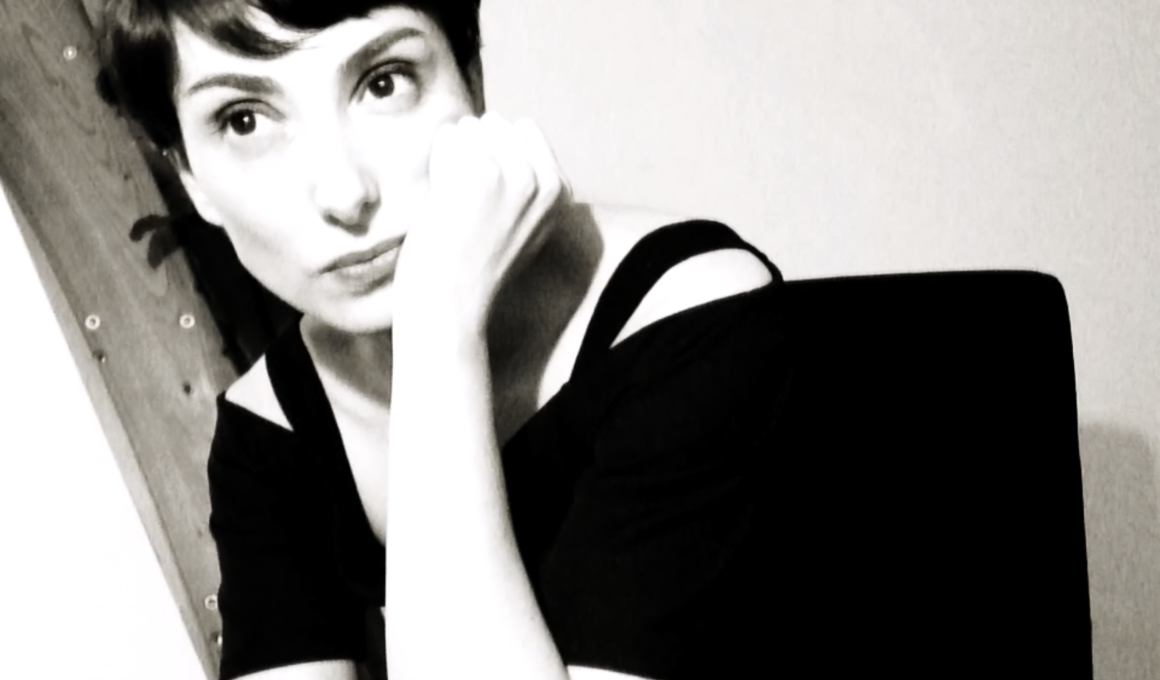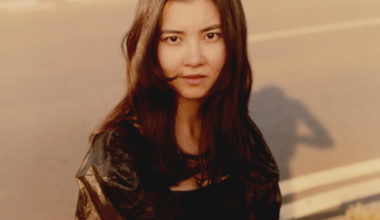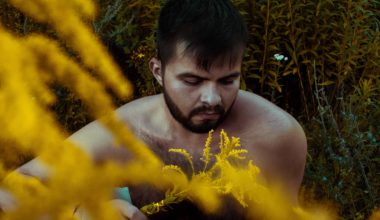Eli Ningú (Barcelona) works at the intersections and invisible transversalities between music, noise, synth and text. Musician, sound-artist and sound-poet, she can be found at the free improvisation scene of Berlin while developing her other solo projects.
Eli Ningú is part of the Amplify Berlin creative development programme for emerging musicians at ACUD MACHT NEU and will be mentored by Jochen Arbeit (Einstürzende Neubauten) during October 2020.
FACTS:
1. Don’t they
2. have
3. another movie?
QUESTIONS:
1. What is the biggest inspiration for your music?
Life itself: what we hear and what we do not hear, what we live and what we don’t, how do we relate with the others, with the other, with the world and with ourselves. I am also interested in film, literature, art. In that sense, the way I conceive creation is transversal but, at the end, I believe in experiencing and being able to tell from your point of view.
2. How and when did you get into making music?
A little Casio VL-1 came my way, then a Casio PT-1 and then I started to study piano at the age of 8.
3. What are 5 of your favourite albums of all time?
There are many and I discover new music every week.
4. What do you associate with Berlin?
A city with many layers where the brand new is in constant dialogue with the weight of its history.
5. What’s your favourite place in your town?
The parks and the forests where you can get lost, walk and breathe anytime you need it.
6. If there was no music in the world, what would you do instead?
I guess I would be an explorer, a detective in search of mysteries, a permanent foreigner, a strange and eccentric person, not the standard person that I am now.
7. What was the last record/music you bought?
I don’t remember but they were good.
8. Who would you most like to collaborate with?
I am open to people of any discipline I can find interesting.
9. What was your best gig (as performer or spectator)?
I played some days ago a synth-to-synth duo with the electronic musician and improviser Korhan Erel. It was my first time playing in Berlin and I think we both and the audience enjoyed it.
10. How important is technology to your creative process?
All instruments are technology if you think about it, not only the electronic devices are but I guess you are referring to electronic devices. I think the use of electronic devices is great but it is easy to get lost in it: in the infinite amount of sounds a synthesizer can reproduce and, in general, in the almost infinite possibilities. Not to mention that, many times, the use of it depends on the money you can spend, there is the brands’ race too and so on. In that sense, I have also a sound-poetry project in which I only use the voice (the voice is, in fact, biological technology). Precisely, one of the reasons I started to develop this sound-poetry project was to do a research on what I was able to do without being subjected to technology, having nothing else but myself. On the other hand, I play the synthesizer that is the symbol – so to speak – of what we understand by musical technology and the sounds that it creates can be very alien. So, in sum, I play with the idea of technology for the good and for the bad. I think it is necessary to develop a criteria around it and learn how to use it instead of being used by it. Mostly, I prefer to try go to the essence, do a previous work of depuration than using all the possibilities available.
11. Do you have siblings and how do they feel about your career/art?
Yes, I have many siblings distributed around the world and they are all very amused with my choice of making music and creating in general.
Eli Ningú works in the intersections located on the margins and invisible transversalities. As a sound-poet has collaborated with avant-garde and experimental NY filmmaker Larry Gottheim or exhibited at the Rage Against the Algorithm meeting that took place in Prague during 2018 among others.
Photo © Eli Ningú


